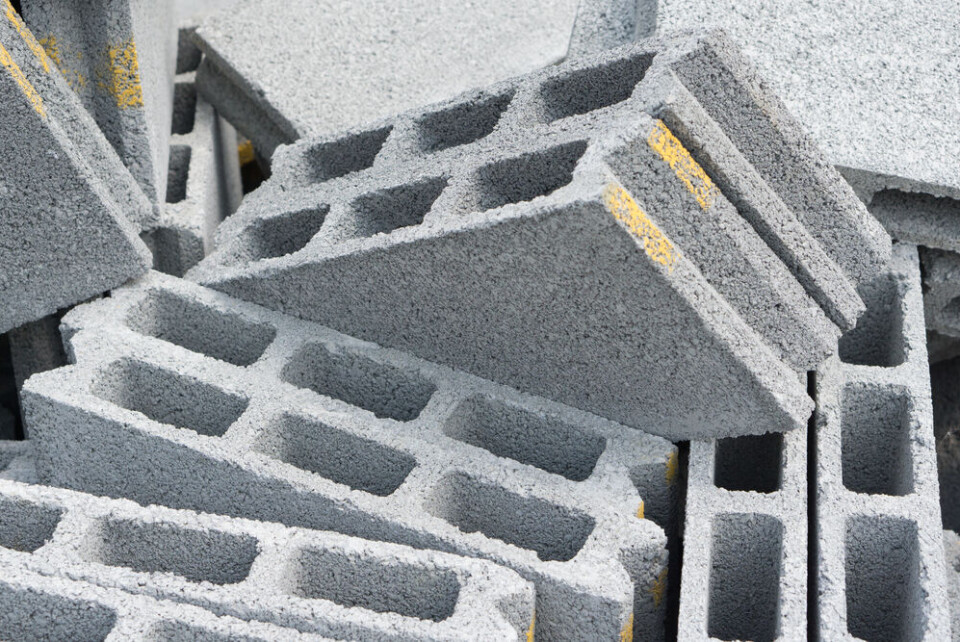-
Strikes and protests in January 2026 and how you may be affected
Doctors, rail staff, and farmers are all taking action
-
Good news as lower electricity bills confirmed in France
The change is not a ‘revolution’ but will give some purchasing power back, minister says
-
French ski resorts report excellent Christmas despite less snow than last year
Bookings are up and non-snow related activities are also on the rise
Drivers crash after teens drop concrete blocks onto French motorway
The four accused perpetrators have now appeared in court

Four teenagers have appeared before a court in northwest France accused of causing severe accidents and endangering motorists by dropping stones and breeze blocks onto a motorway.
The four appeared before the court in Rouen (Normandy, Seine-Maritime) on March 15. Two are aged 18, and two are minors.
All are suspected of throwing stones and breeze blocks onto the A150 motorway, during February and March 2024.
Their actions caused severe accidents, the police said. There were 24 victims in total.
One victim was driving at around 20:00 one evening when she hit a large breeze block on the road. Her car flipped over, causing her injuries to her back and knees (along with marks from the seat belt restraint). She needed 30 days’ sick leave from work afterwards.
“Fortunately I was able to get out of the car,” she said. “But I could have died.”
Another victim hit a cinder block weighing 50 kilos, and other victims were hit by smaller stones that smashed their windscreens.
‘Extremely serious’ acts
The 18-year-olds were brought before the court for immediate arraignment (submitting their plea). The two minors appeared before the juvenile court judge, with a view to being charged imminently.
The 18-year-olds are now preparing their defence with their lawyers and are set to be tried in two weeks.
The public prosecutor requested that they be remanded in custody, given that the defendants had not challenged the charges, and given the “extreme seriousness of the facts". The prosecutor also said that there was “a significant risk that the offence would be repeated”.
In their defence, the lawyers to the accused said that while they accepted that the charges against their clients were “extremely serious”, they said that their clients had no previous convictions and were not previously known to authorities.
They argued that instead of being remanded in custody, their clients should be placed under judicial supervision or under house arrest with electronic surveillance.
Read also
MAP: Where are drivers most likely to have an accident in France?
























